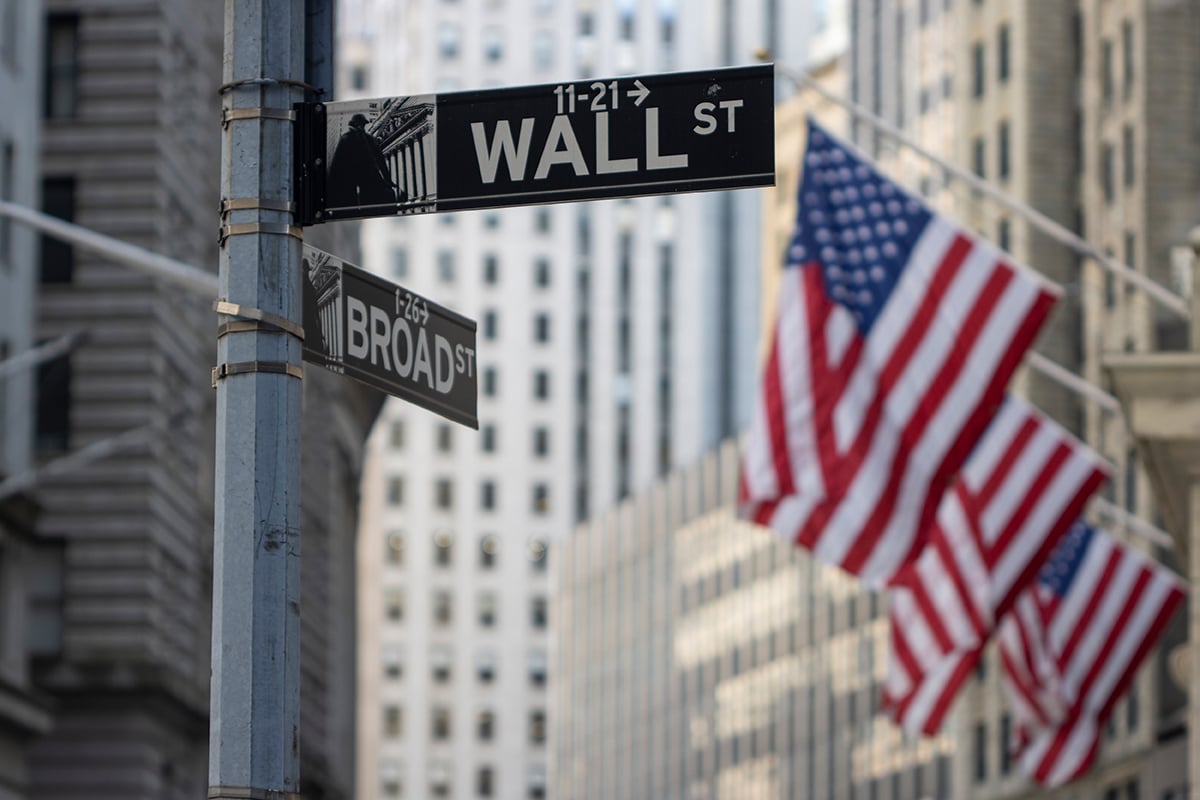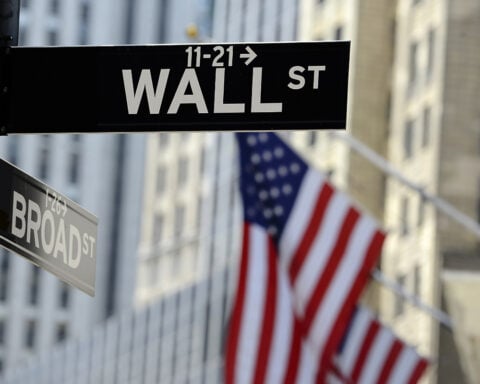Wall Street enjoyed another day of substantial gains on Wednesday, extending its impressive rally. In the afternoon, the S&P 500 rose by 0.7%, positioning itself for its 37th record high this year. Meanwhile, the Dow Jones Industrial Average advanced by 205 points, or 0.5%, and the Nasdaq composite experienced a 0.9% increase, reaching its own record.
Leading the charge were major technology companies, with Taiwan Semiconductor (TSMC) playing a crucial role. TSMC’s U.S.-listed shares rose by 3%, driven by a nearly 33% increase in revenue for June compared to the previous year. TSMC, a key supplier for companies like Nvidia, has been instrumental in the business world’s rapid adoption of artificial intelligence (AI) technology. Nvidia, in particular, has seen its stock soar to unprecedented heights over the past year, rising another 2.5% on Wednesday and achieving a staggering year-to-date gain of 171.8%. Nvidia’s performance was the strongest single force propelling the S&P 500 upward.
The AI frenzy has been a significant factor behind the U.S. stock market’s record-breaking performance, despite an economic slowdown and financial pressures on lower-income households. Additionally, there are high hopes that slowing inflation will prompt the Federal Reserve to cut interest rates later this year.
Federal Reserve Chair Jerome Powell, in his testimony on Capitol Hill, emphasized the balanced approach the Fed is taking regarding interest rate cuts. He highlighted the risks of both delaying and prematurely cutting rates. The main interest rate has remained at its highest level in over two decades for nearly a year. Cutting rates too soon could reignite inflation, while waiting too long might push the economy into a recession.
Many on Wall Street anticipate that the Fed will start reducing its main interest rate in September, although traders have a history of being overly optimistic with their predictions. Powell acknowledged recent improvements in inflation data but noted that the Fed still lacks sufficient confidence that inflation is sustainably heading toward its 2% goal. More positive data would reinforce the Fed’s confidence and pave the way for rate cuts.
The bond market saw some movement as well, with the yield on the 10-year Treasury edging down to 4.28% from 4.30% late Tuesday and 4.70% since April. This decline provides support for stock prices. Meanwhile, the two-year Treasury yield, which is more influenced by expectations of Fed action, remained steady at 4.62%.
The market awaits the U.S. government’s latest monthly update on inflation, set to be released on Thursday. Economists expect the report to show that consumer prices in June were 3.1% higher than a year earlier, slightly below May’s 3.3% rate. This report could lead to sharper swings in the bond and stock markets.
Later this week, the latest earnings reporting season will unofficially begin. Companies like Delta Air Lines and JPMorgan Chase will report their profits from April through June, with Wall Street hoping for the strongest growth in over two years.
Among the day’s notable stock movements, Smart Global Holdings saw a significant rise of 21.6% after posting stronger-than-expected profit and revenue for the latest quarter. Conversely, LegalZoom experienced a 25.2% drop as its CEO, Dan Wernikoff, announced his departure from the company and the board. The company also lowered its revenue forecast for the full year.
In international markets, Japan’s Nikkei 225 rose by 0.6% to another record high. The index has surged 25% this year, outperforming the U.S. stock market, driven by AI enthusiasm and the yen’s devaluation against the dollar, which benefits exporters. Other Asian markets were mixed, while European indexes saw gains.
Overall, Wall Street’s momentum shows no signs of slowing down, with technology stocks and AI advancements continuing to drive the market to new heights. Investors remain optimistic about the future, despite the economic challenges and uncertainties ahead.







